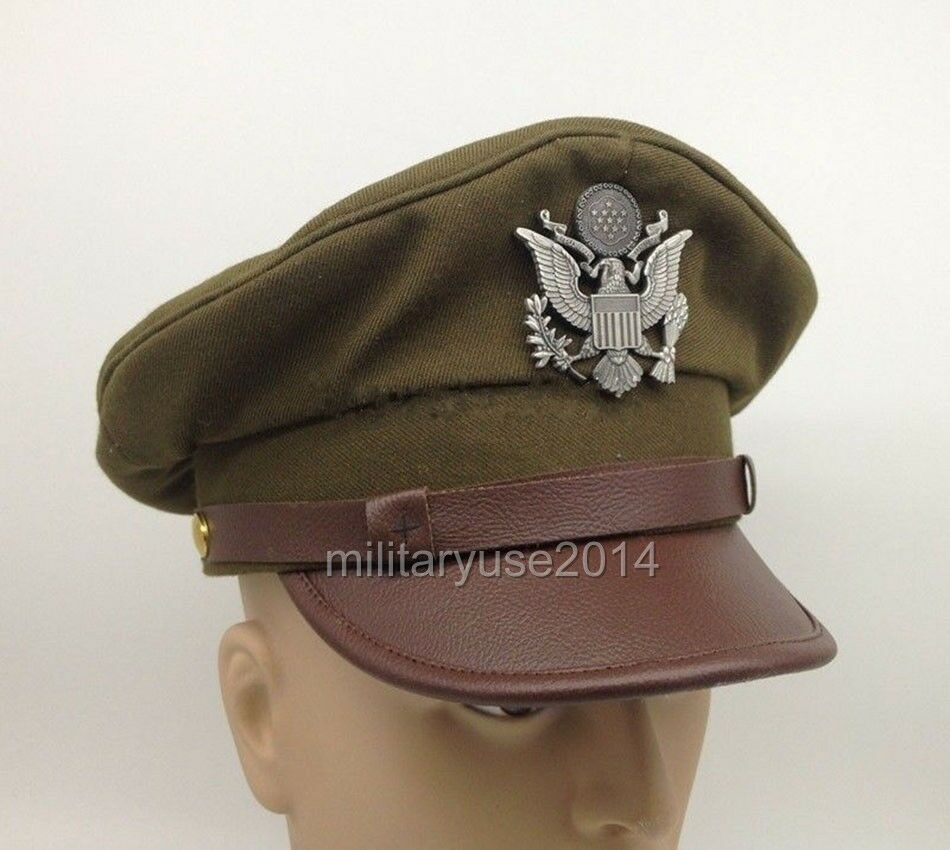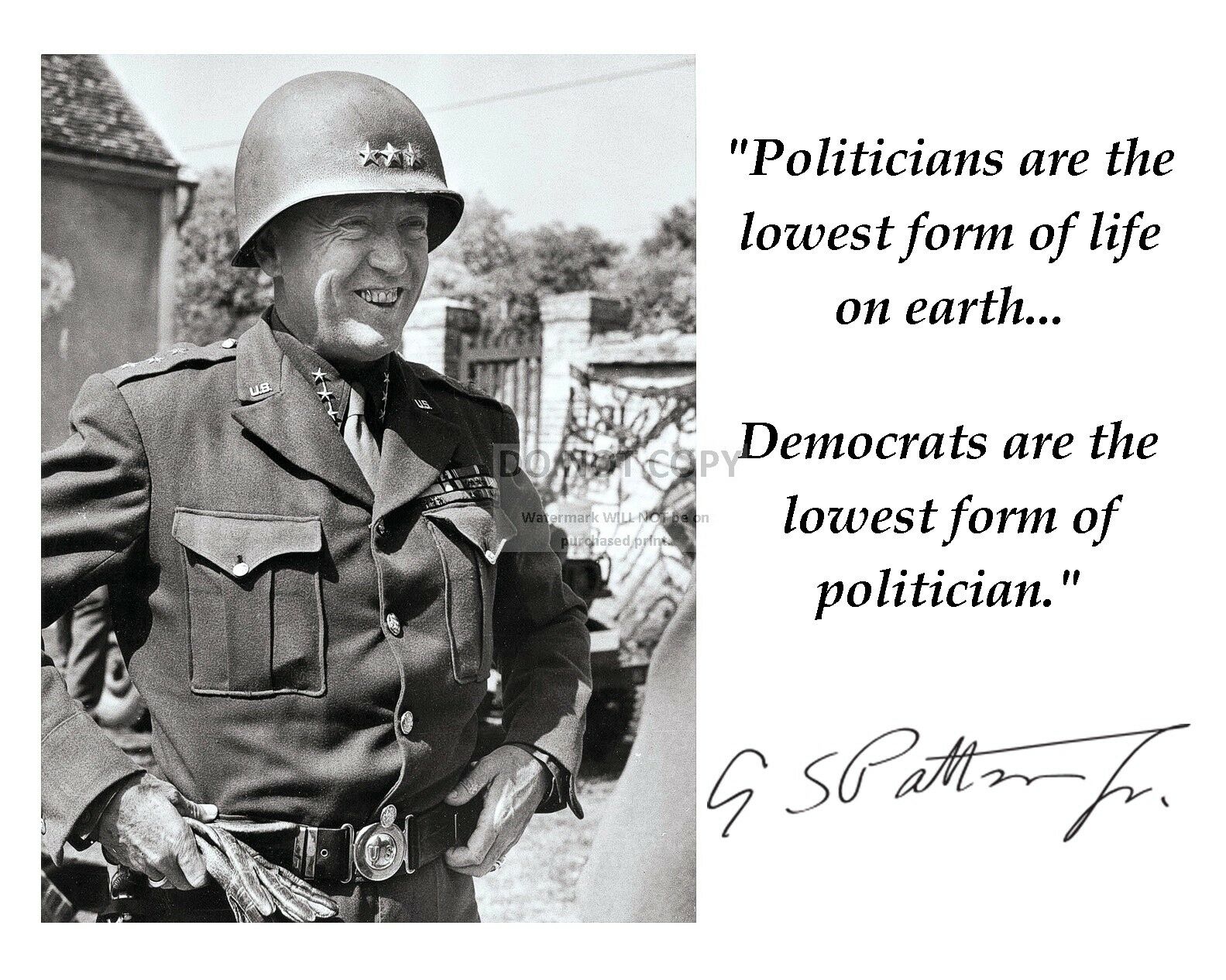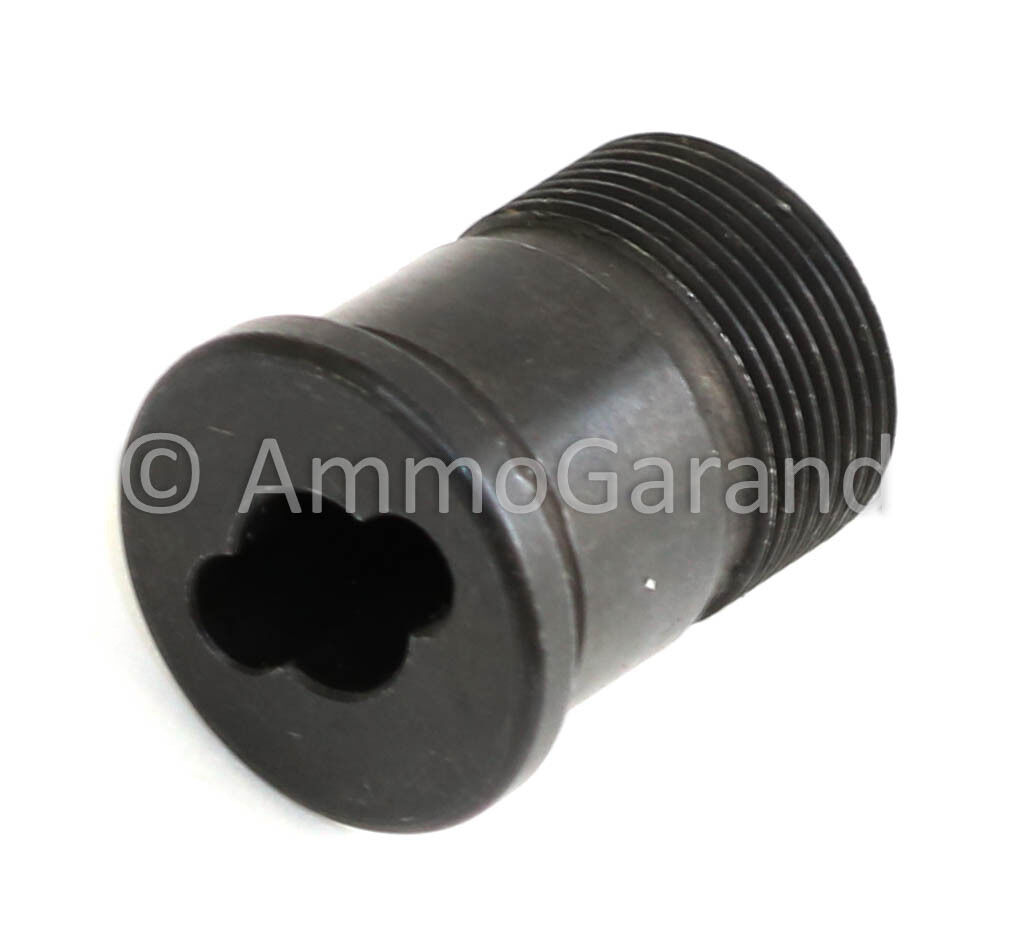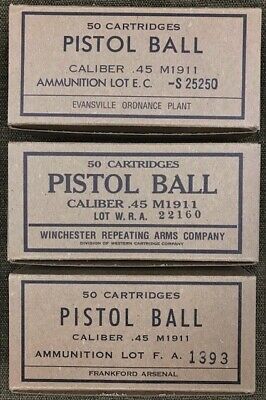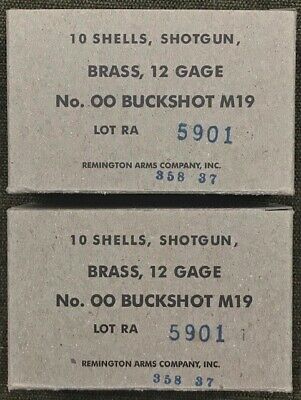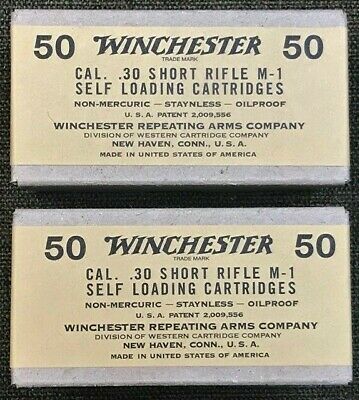-40%
PDF 20 ARTILLERY ORDNANCE BOOKS REALLY BIG GUNS 1917-52 - DVD-ROM
$ 18.48
- Description
- Size Guide
Description
You are bidding on a collection containing 20 books on US Military Ordnance and Gunnery that have been scanned, corrected, and assembled into PDF files.This is about guns - really, really big guns. The emphasis is on big army guns (coastal defense, rail-mounted guns) and Naval Ordnance (battleships). These manuals cover the period from 1917 to 1958. Most of these books were used as ordnance officer training. There are a number of the "Ordnance Pamphlets" that contain very specific supplementary information. These are not your grandmother's scans - each and every page has been hand-edited to remove as many blemishes as possible. With some manuals, the original have deteriorated quite a bit so it was hard to make the illustrations look like a new printing, but they have all been considerably improved. There are over 8000 pages of material here, including all the major textbooks on Naval Ordnance. The books have been scanned by OCR (optical character recognizer) and indexed into a comprehensive search index across all the books. Search for "barbette" and you will find around 2000 references to the barbette carriage.
.
Free shipping within US. for overseas. Foreign buyers, please contact me about the possibility of shipping refund.
The manuals are as follows:
"Abridged Range Tables for U.S. Naval Guns", Ordnance Pamphlet 1188, 13 June 1944, 75 pages. This is actually a compilation of several dozen other Ordnance Pamphlets giving range data for each gun in a 1-page summary. Did you ever wonder how far a 16-inch Naval gun could send a 2700-pound projectile? It is here (42,345 yards). Contains information on guns from 22mm to 16 inches.
"American Coast Artillery Materiel", Ordnance Department Document No. 2042, June, 1922 (printed in 1928), 527 pages, Prepared in the Office of the Chief of Ordnance. This book was prepared for the Ordnance training schools. Chapters include History of the Development of Artillery, The Design and Manufacture of a Great Seacoast Weapon, Table of Miscellaneous Data. It shows the casting and preparation of these great, huge guns.
"Caliber .50, M2 Browning Machine Gun" General Motors War Products Training Service, January 1944, 107 pages. This is one of those wonderful wartime training manuals prepared by General Motors. It goes through the M2 ("MaDeuce") machine gun in great detail, showing how all the parts go together. If you ever wanted to know how to unjam or field-strip one of these great guns, it is here. Given that it was used on virtually every warplane made by the US, it was probably the most common machine gun made by the U.S.
"Coast Artillery Field Manual - Antiaircraft Artillery" War Department Field Manual FM 4-135, June 1 1940, 84 pages. Marksmanship and service of the piece, antiaircraft machine gun.
"Coast Artillery - A Complete Manual of Technique and Material" The Military Service Publishing Company, 1942, 1761 (!) pages. This is the "Magnum Opus" of Army Artillery Manuals. It is a combination of four books into one volume with much of the redundant material removed (although there is still some amount of redundancy among the volumes). Sections include Weapons and Material, Ammunition, Service of the Piece, Organization of the Corps, Naval Targets, Identification of Aircraft, Basic Gunnery, Motor Transportation, Fire Control and Position Finding, Signal Communication, Combat Orders, Field Fortifications, Searchlights, and many more.
"Depth Charge Projector Mark 6 Mod 1 and Mod 2" Ordnance Pamphlet 831, Bureau of Ordnance Publication, 21 July 1944, 23 pages. This manual describes the device on ships that tosses depth charges. Full loading and firing instructions, some amount on maintenance.
"Elements of Ordnance - A Textbook for Use of Cadets of the United States Military Academy" Lieutenant Colonel Thomas J. Hayes. This is a revision of the "Textbook of Ordnance and Gunnery" by Colonel Earl McFarland, which is also included on this DVD-ROM., 1938, 732 pages. From the preface "This course in Ordnance and Gunnery given to Cadets of the First Class, United States Military Academy, is concerned primarily with the combat equipment of the Army. It covers service weapons and ammunition, the instruments and other accessory equipment required, the automotive combat equipment which has come to play such an important part in modern warfare, and other subjects so closely related to the design, construction, operation, or service utilization of war materiel that their consideration is necessary. This course is distinctly a professional one. The study of basic principles and fundamental theories and of the construction, operation, and use of standard service weapons and related equipment, is supplemented by practical work in shops and laboratories." That must have been some course.
"Coast Artillery Gunnery" War Department Field Manual FM 4-10, 20 May 1944, 265 pages. This is the very, very practical (and non-theoretical) version of the coast artillery training manual. Sections include Firing Tables, Problems relating to position, Accuracy of Position-Finding Methods, Pointing, Errors Probability and Dispersion, Calibration, Spotting, and Adjustment of Fire.
"Land Mines and Booby Traps" Corps of Engineers, War Department Field Manual FM 5-31, 1 November 1949, 376 pages. OK, it isn't really about artillery, but it has pictures and descriptions of all these cool mines and fuzes that I couldn't resist it. Did you see the movie "Valkyrie"? The chemical fuze he used to set off the bomb is there - see "British Time Pencil" on page 195.
"Japanese Underwater Ordnance" Ordnance Pamphlet 1507, Bureau of Ordnance Publication, 20 April 1945, 56 pages. Lots of pictures of Japanese torpedos and mines, including one of some poor sailors manually defusing a floating mine.
"Introductory Artillery Mathematics and Antiaircraft Mathematics" by Sophia H. Levy, 1943, 115 pages. Apparently there were too many cadets coming in that couldn't get their heads around the required trigonometry and Newtonian mechanics to really understand ballistics and aiming, so Ms. Levy was commissioned to write the definitive textbook on the subject. Sections include Graphical Solutions of the Trial Shot Problem, Motion of a Projectile, the Trial Shot Problem, Lateral Deviations, and many more.
"Naval Ordnance - A Text-Book Prepared for the Use of the Midshipmen of the United States Naval Academy" by Officers of the United States Navy, 1917, 454 pages. This is again a professional-level textbook and goes into a great deal of detail about the construction and use of the Naval Artillery of that era. Sections include Metals used in Ordnance Construction, Naval Rifled Guns, Details of Gun Construction, Breech-Mechanisms, and so on.
"Naval Ordnance - A Text-Book Prepared for the Use of the Midshipmen of the United States Naval Academy" by Officers of the United States Navy, 1933, 785 pages. This is the same textbook 16 years later. The changes in the technology are most remarkable. This book has a dozen or more huge fold-out color paintings of gun mounts, aiming and positioning devices, and other parts of the big gun technology.
"Naval Ordnance - A Text-Book Prepared for the Use of the Midshipmen of the United States Naval Academy" by Officers of the United States Navy, 1939, 559 pages. This is the same textbook again 6 years later. Curiously, a lot of material from the previous textbook has been condensed or eliminated. There is quite a bit of material in the 1933 version on field testing of the weapons that is not present in this one, but there are also a number of newer developments that are included here.
"Naval Ordnance and Gunnery" NAVPERS 16116, Bureau of Naval Personnel Training Division, May 1944, 580 pages. This seems to be the successor to the "Naval Ordnance" textbooks. It does have a number of diagrams that are clearly taken from the older books, but it also shows many of the battleships that were used in WWII. There is quite a bit of very practical information about the design of the big gun turrets in the battleships. Some of these were 6, 7, or even 8 stories high with different functions at each level.
"Naval Ordnance and Gunnery" NAVPERS 16116-B, Bureau of Naval Personnel Training Division, September 1950, 836 pages. This appears to be pretty much the last version of this kind of book. I guess the day of the battleship was over by this time. This describes naval guns at their absolute peak - the huge guns, turrets, and multi-story decks are described with numerous diagrams and photographs. A great deal of very practical information is included. Did you ever wonder how to repack the charges for your 12" gun to go in you 16" gun which just ran out of powder? It is here. One fact that startled me a bit is that these big guns could develop over 20 million pounds of pressure inside the chamber, yet were capable of firing round after round for extended periods. Big guns indeed.
"Ammunition - Instructions for the Naval Service" Ordnance Pamphlet No. 4, May 1943, 190 pages. This is a very complete description of naval ammunition. There are 20 sections, including smokeless powder, examination and tests of powder aboard ship, detonating substances, fuses and tracers, primers, assembled charges, stowage of ammunition, and many more.
"Textbook of Ordnance and Gunnery" Lieutenant Colonel Earl McFarland, 1932, 648 pages. This was the foundation textbook from which all the subsequent "Naval Ordnance" books were taken. This one is clearly the definitive book. It has quite a bit more theoretical content than the others, and maybe a bit less practical advice. Sections include Propellants and High Explosives, the Theory of Explosives, Nitrogen for Explosives, Interior Ballistics, Proving Ground Instruments, Metals Used in Ordnance Construction, Guns, Recoil and Recoil Bases, and more. This is where I learned that the difference between gunpowder and high explosives is that in high explosives, detonation proceeds at a rate that exceeds the speed of sound in the material.
"The Coast Artillery Corps of the United States Army", from the Infantry Journal Staff, 1942, 72 pages. This is a "pop" book on the artillery corps. I include it because it has lots of full-color photographs (most obviously posed, of course), and has some information not found elsewhere, such as the "cosmolines".
"Ammunition, General" War Department Technical Manual TM 9-1900, 1942, 215 pages. This lists and describes all the artillery used by the Army at the time of printing.
"Ammunition, General" War Department Technical Manual TM 9-1900, 1945, 344 pages. This lists and describes all the artillery used by the Army at the time of printing. I incude this one because it has a somewhat different selection of ammunition. Some items have been retired and many, many new items appear here. This manual also has a number of color plates showing the color-coding of the different kinds of ammunition.










